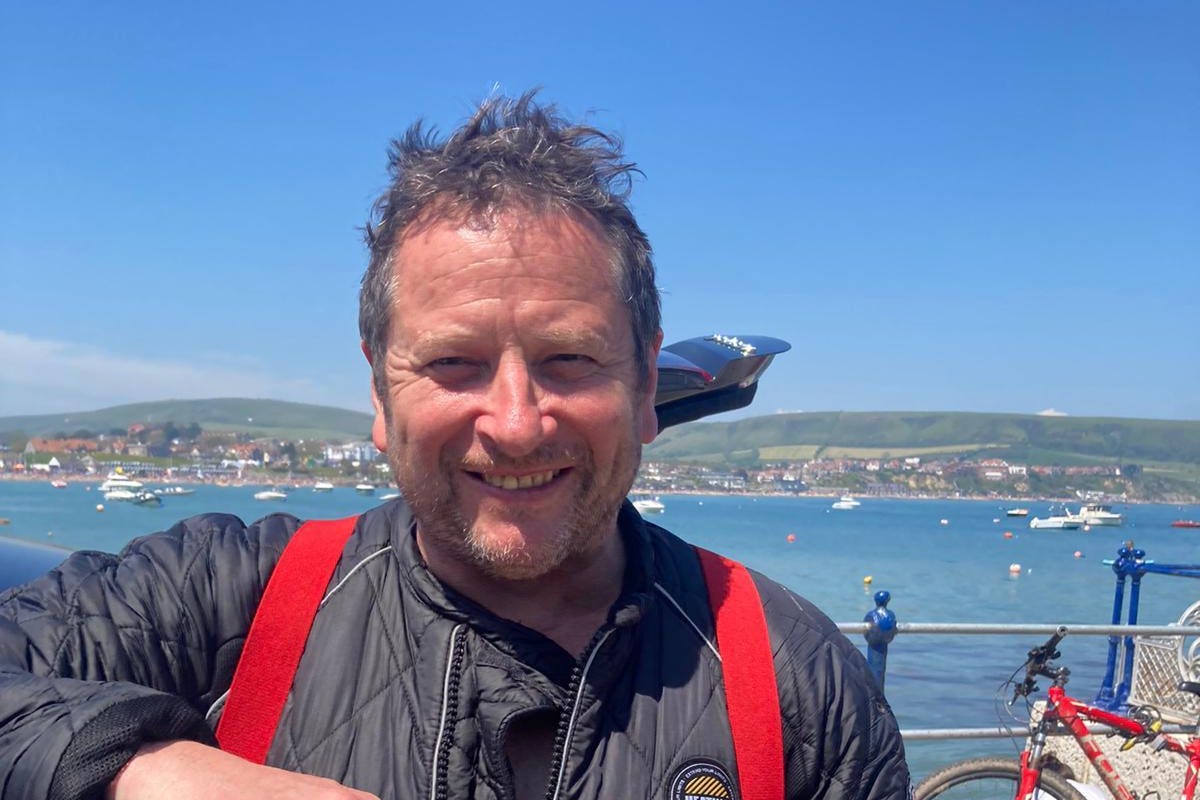Scuba diver’s death preventable if equipment was properly checked, coroner says
David Pleace, 57, died while scuba diving to a shipwreck in Scotland after part of his equipment disconnected.

Your support helps us to tell the story
From reproductive rights to climate change to Big Tech, The Independent is on the ground when the story is developing. Whether it's investigating the financials of Elon Musk's pro-Trump PAC or producing our latest documentary, 'The A Word', which shines a light on the American women fighting for reproductive rights, we know how important it is to parse out the facts from the messaging.
At such a critical moment in US history, we need reporters on the ground. Your donation allows us to keep sending journalists to speak to both sides of the story.
The Independent is trusted by Americans across the entire political spectrum. And unlike many other quality news outlets, we choose not to lock Americans out of our reporting and analysis with paywalls. We believe quality journalism should be available to everyone, paid for by those who can afford it.
Your support makes all the difference.The death of a man who drowned while on a “bucket list” scuba diving trip could have been prevented if appropriate equipment checks had happened before he entered the water, a coroner concluded.
The body of David Pleace, 57, was found around 20 metres away from the SMS Brummer shipwreck in Scapa Flow, off Orkney in Scotland, on June 28 2021 while he was on a week-long holiday with a group of divers.
During an inquest hearing at Derby Coroner’s Court on Thursday, assistant coroner Sophie Lomas concluded that Mr Pleace’s death was accidental but could have been prevented.
Mr Pleace, of Chellaston in Derbyshire, had undertaken several scuba diving training courses and “no mechanical defects” were found on his equipment.
But during the second dive on June 27 Mr Pleace was reported missing when the other divers could not find him.
He was unable to control his buoyancy and descended quickly. It is unlikely his team members would have been able to do anything in the limited time available
A local diver found him “face down” near the shipwreck the following day and he was pronounced dead at the shore.
A diving expert who inspected Mr Pleace’s equipment previously told the inquest that part of this had become disconnected prior to him entering the water.
Ms Lomas told the court: “The reality is because the hose was not connected, from the moment David entered the water, sadly the outcome was set.”
The coroner said that it was “not entirely clear” what checks Mr Pleace personally took, but that fewer checks took place on this dive because experienced divers tend to do fewer team checks.
She said: “On the evidence, such checks had not been carried out to an appropriate level. Had those checks happened, the wing inflator hose could have been noticed and corrected prior to Mr Pleace’s entry to the water.
“He was unable to control his buoyancy and descended quickly. It is unlikely his team members would have been able to do anything in the limited time available.
“I would like to highlight to all of the diving community that these checks are very important and that carrying out personal and body checks regardless of your level of expertise can have a significant impact in terms of what then follows.”
Ms Lomas offered her “sincere condolences” to Mr Pleace’s family and said he “clearly had an enthusiasm for life and the activities he enjoyed”.
She added: “I would like to extend that to the diving community as a whole. David was a well-liked member of that community and I know it has had a significant impact on them, so they have my condolences too.”
The coroner decided not to complete a prevention of future deaths report, and said: “My view is that this is not a gap in training or knowledge, or something the organisations are not doing properly – it is attitudinal.”